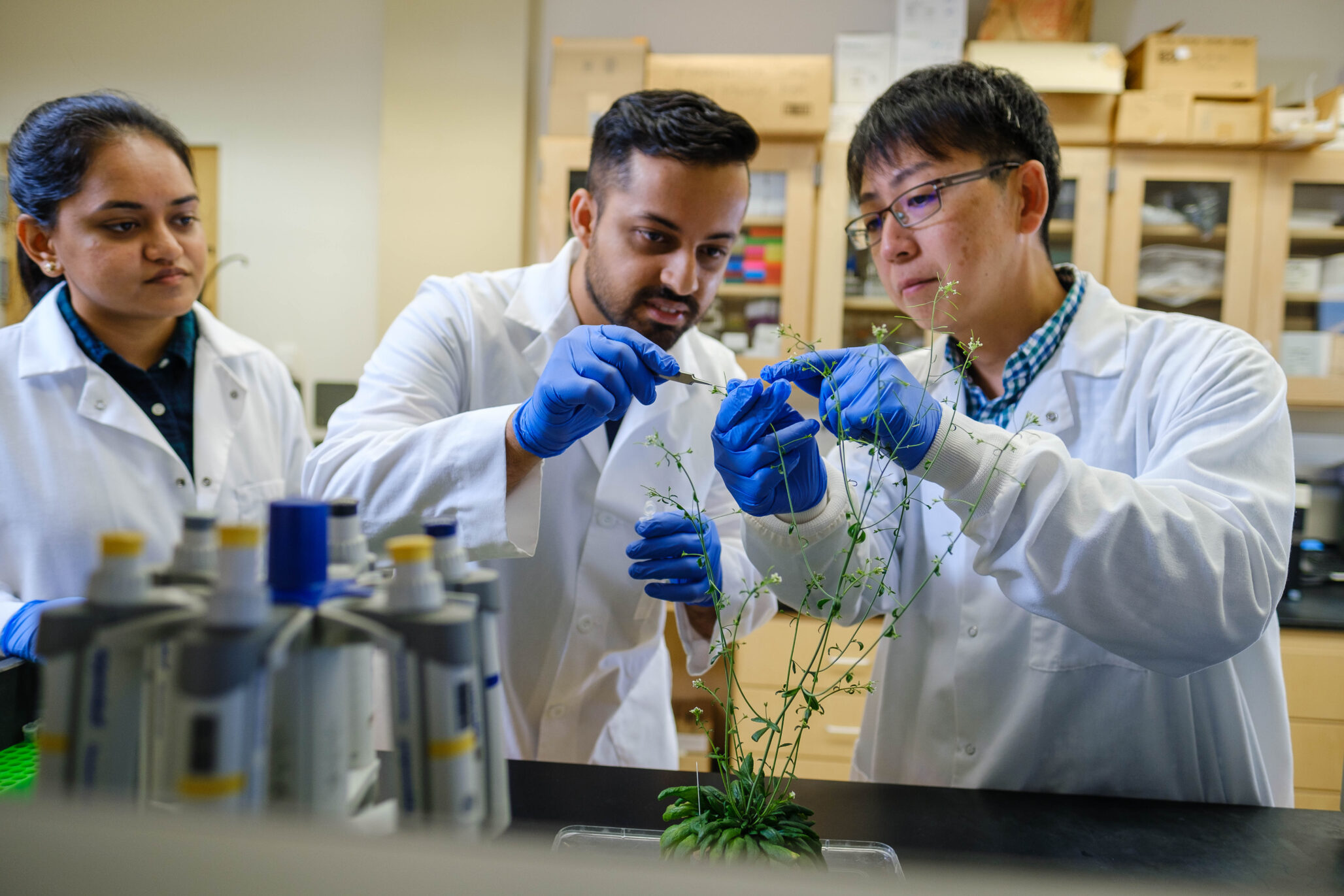Researchers from Rothamsted Research have uncovered a key set of genes that could provide clues to improve the control of the Septoria leaf blotch fungus Zymoseptoria tritici. The team made this discovery by comparing genomes throughout 18 strains of the pathogen, according to a release.
The “core biology” gene can be found in every strain of the fungus and is functional, in contrast to other “flexible biology” sections that seem to mutate and evolve at a rapid pace.
The core set was comprised of 9,807 sequences that were found in all of the samples, more-or-less unchanged, leaving a large accessory genome that consisted of 45 per cent of “the total genes where the sequences could be highly variable,” explained the release.
Zymoseptoria is considered one of the most quickly evolving threats to food security across the globe due to its rapid adaption that enhances its resistance to pesticides. Severe epidemics of the pathogen have reduced wheat yields up to 50 per cent.
The key set coded for proteins necessary for essential functions, such as virulence. Core and accessory genomes both encoded a multitude of small proteins that likely play a part in plant immunity.
Despite the crucial discovery, researchers were not able to identify the genes that prompted the brown patches the disease is known to create.
“We also identified a non-pathogenic strain lacking five of the core genes. Just by restoring a single carefully chosen gene full virulence was regained,” said Rothamsted’s Jason Rudd, leader of the study. “This hints at the huge potential for using genomic techniques to control crop diseases that can evolve rapidly, making them quickly resistant to herbicides or other treatments.”












